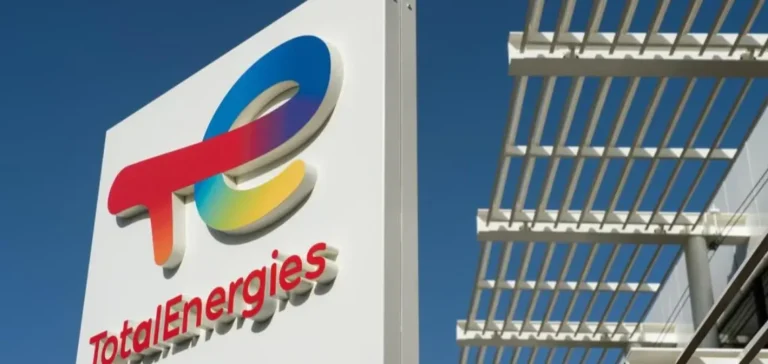TotalEnergies and Banque des Territoires have announced the creation of an investment platform to support the deployment of public electric vehicle charging infrastructure. Owned 51% by TotalEnergies and 49% by Banque des Territoires, the new structure aims to strengthen national coverage, particularly in major cities and suburban areas.
A response to growing demand from local authorities
The joint venture will both continue projects already undertaken by TotalEnergies and launch new calls for proposals in response to requests from municipalities. The model is based on the development of concessions, allowing the installation, operation, and maintenance of public charging stations. The electricity supplied to these stations will be guaranteed as 100% from renewable sources, in line with TotalEnergies’ energy sourcing policy.
Banque des Territoires, a subsidiary of the Caisse des Dépôts group, will bring its public project financing expertise to support implementation. Since 2022, it has invested over EUR500mn ($536mn) in equity and quasi-equity financing in the electric mobility sector. The new tool is designed to structure and speed up local projects as part of the institution’s strategic plan to modernise public infrastructure.
A network expanding across the country
TotalEnergies currently operates around 30,000 charging points in France, including nearly 4,500 in public concessions. These facilities are mainly located in large cities and suburban areas, aiming for a consistent network and greater accessibility for users. The company seeks to consolidate its position across the entire electric mobility value chain, leveraging its European network of over 80,000 charging points.
The joint platform will also combine TotalEnergies’ operational capabilities with Banque des Territoires’ financing strength. The partners expect a gradual scale-up of the initiative to meet the diverse electrification needs of local authorities.
A long-term strategic partnership
This project responds to a growing demand for reliable, evenly distributed charging solutions across the country. The goal of both entities is to offer a structured service to local authorities, with a controlled contractual framework. Using concessions ensures secured long-term financing while guaranteeing maintenance of the infrastructure.
According to TotalEnergies, this partnership strengthens its electric mobility strategy without relying on ad hoc public subsidies. For Banque des Territoires, the agreement represents an opportunity to direct more investment towards essential infrastructure in both urban and rural zones.






















